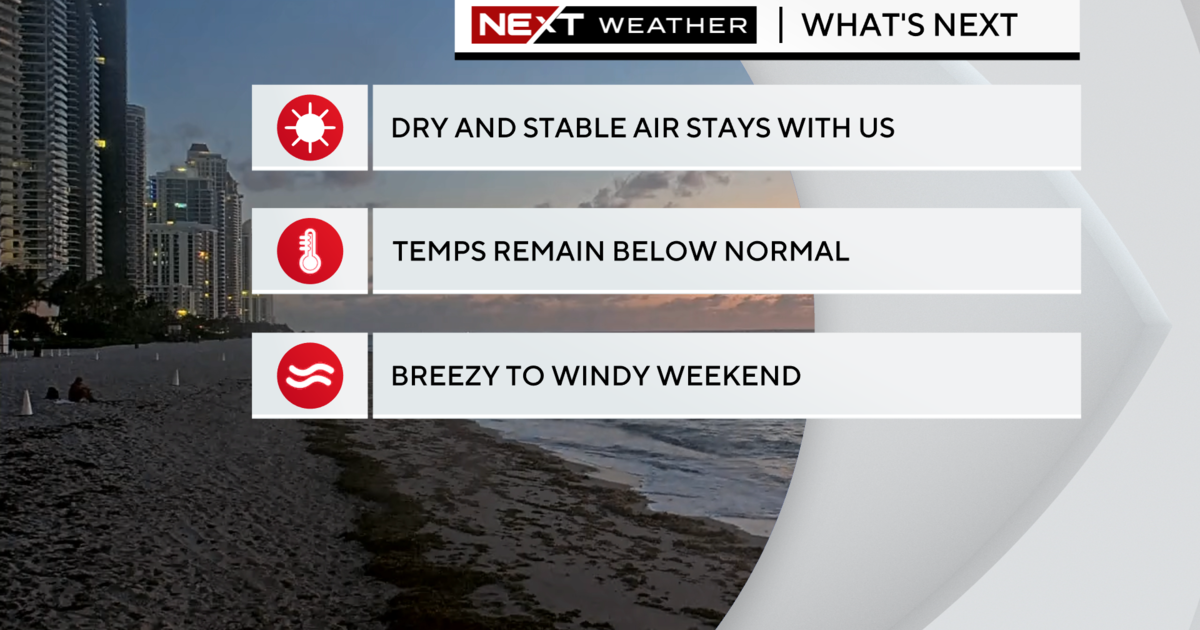Study: Proximity To Highway May Have Autism Link
LOS ANGELES, CA (CBS4) - The odds that your child may be afflicted with autism may depend on how close you live to a freeway or highway, according to the Los Angeles Times.
Researchers at the Saban Research Institute of Children's Hospital Los Angeles looked at 304 children with autism and, for comparison, 259 children who were developmentally normal . All of the children studied were between the ages of 24 and 60 months at the beginning of the study, and all resided on communities around Los Angeles, San Francisco and Sacramento.
Through data collected by researchers, like where the mother lived during pregnancy and at the time of birth, the study concluded that children living within 1,000 feet of a freeway—about 10% of the sample—were twice as likely to develop autism.
That theory held up, even after other developmental factors were weighed, like ethnicity, parental education, maternal age and exposure to tobacco smoke.
Researchers were careful not to marginalize the study
"This study isn't saying exposure to air pollution or exposure to traffic causes autism," said Heather Volk, lead author of the paper. "But it could be one of the factors that are contributing to its increase."
Studies show that chronic exposure to air pollution during pregnancy may have damaging effects on the mother and baby. High levels of carbon monoxide, nitrogen dioxide, and particulate matter have been linked to preterm birth and low birth weight. Other chemicals like ozone, sulfur dioxide and polycyclic aromatic hydrocarbons have deemed harmful to a developing fetus.
Autism advocacy groups are applauding the study, saying more research needs to be done into environmental factors.
"The implication could be very far reaching in terms of prevention and public health concerns," Clara Lajonchere, vice president of clinical programs for Autism Speaks said. "I think it's pretty well established that genes play a huge role in autism. But there is something going on beyond genetics."



